In the world of watch photography, luxury often conjures images of flawless surfaces, showroom polish, and immaculate symmetry.
But photographing vintage watches is a different pursuit altogether. These are pieces that have lived - watches with dials aged by sunlight, bezels softened by years of use, and cases bearing nicks and scratches like chapters of a story. Rather than seeing these imperfections as flaws to correct, I approach them as integral parts of the watch's identity.
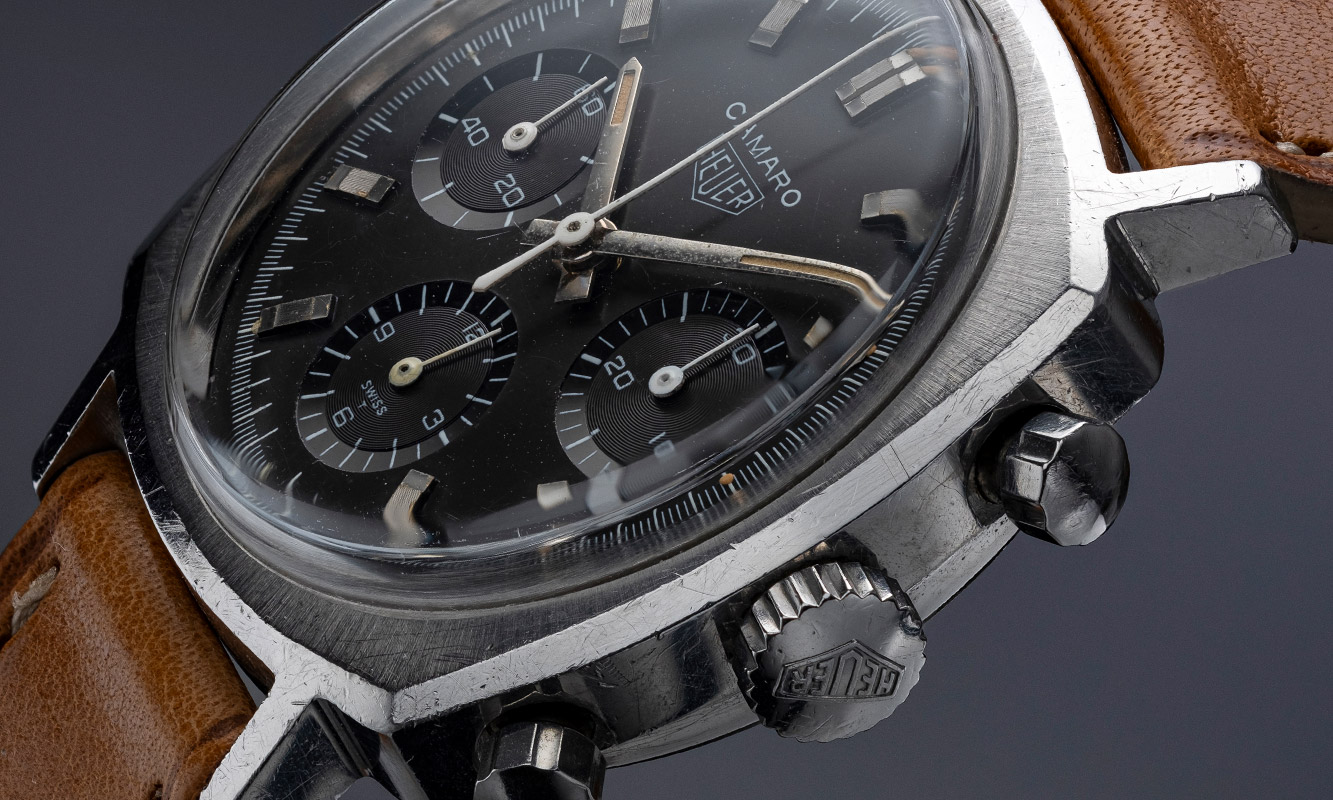
Beyond the Big Names
The obvious names - Rolex, Patek Philippe, Vacheron Constantin, Audemars Piguet - dominate headlines and auctions. But outside this circle lies an entire landscape of vintage pieces with timeless design, mechanical ingenuity, and soul. Many are undervalued compared to the giants, yet they offer a depth of character that is revealed most beautifully when photographed closely.
The aim is not simply to capture a watch, but to capture time itself as it has shaped the object.
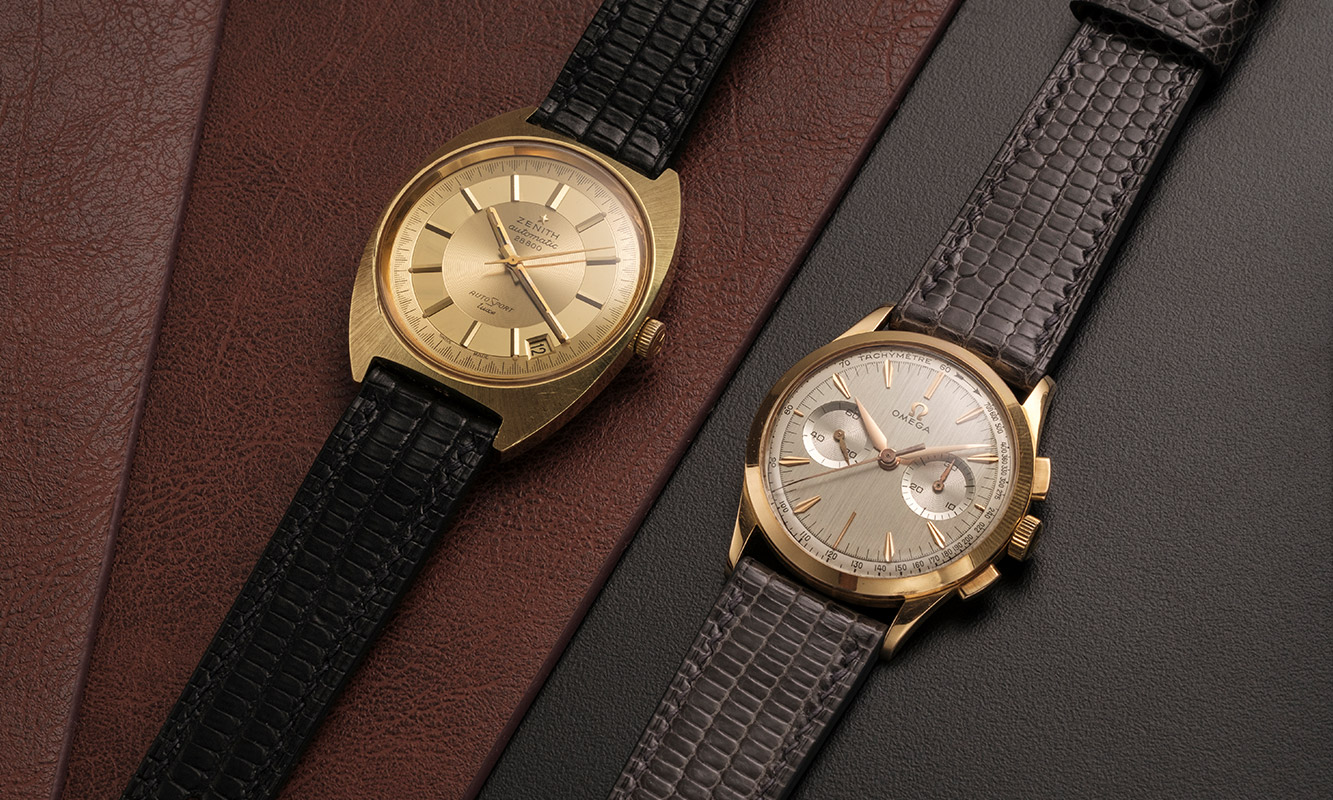
The Technical Side
Macro photography is unforgiving. Every scratch, dust speck, and uneven edge becomes visible. But this is exactly what makes it powerful. To do justice to a vintage watch, technical precision is essential.
Lighting:
Soft, directional light brings out textures while avoiding harsh glare on polished surfaces.
Focus & Depth:
A shallow depth of field can highlight engravings or the bevel of a hand, while a more extended focus stack reveals the entirety of a dial's surface.
Angles:
A small shift in angle can make the difference between a flat shot and one that reveals a watch's contours and details.
In essence, the approach is the same as shooting a pristine modern piece - only the subject now demands respect for its history.
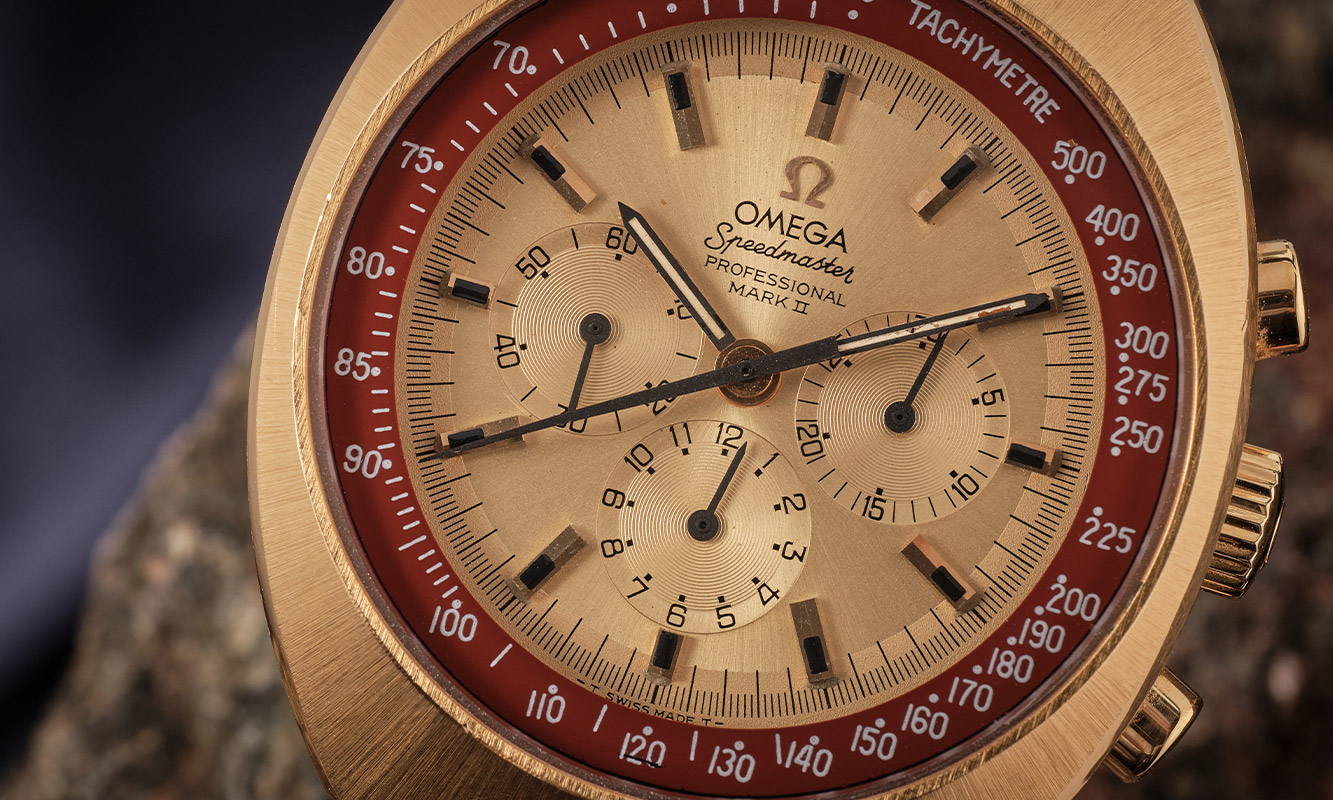
Embracing the Scars
It can be tempting to retouch a crystal scratch or dial blemish. After all, commercial watch photography thrives on perfection. But vintage watches are not perfect - and they shouldn't be shown as if they were. Every scar is evidence of a life lived.
A ding on the bezel from a careless knock in the 1970s. Faint discoloration on lume that once glowed bright in the dark. Hairline scratches that reveal the passing of countless cuffs and jackets. By leaving these untouched, the photographs carry truth. They honor the object's journey rather than erase it.
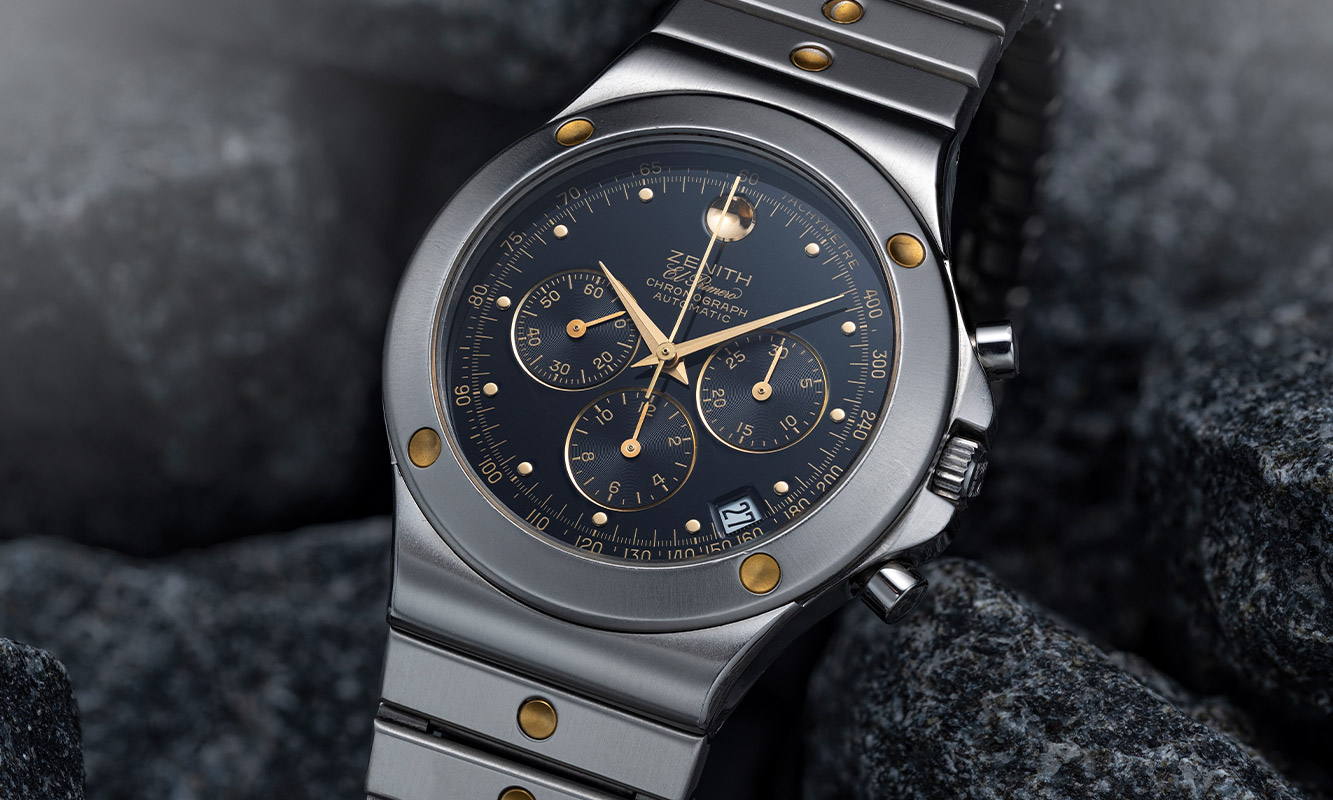
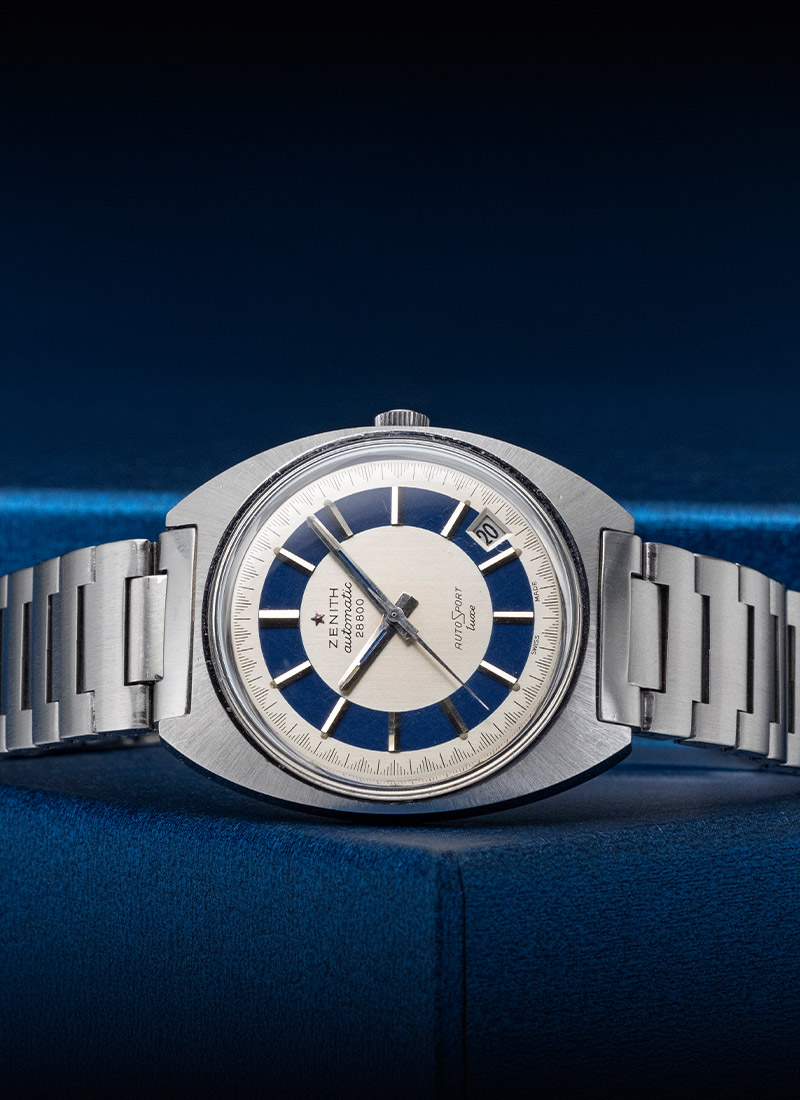
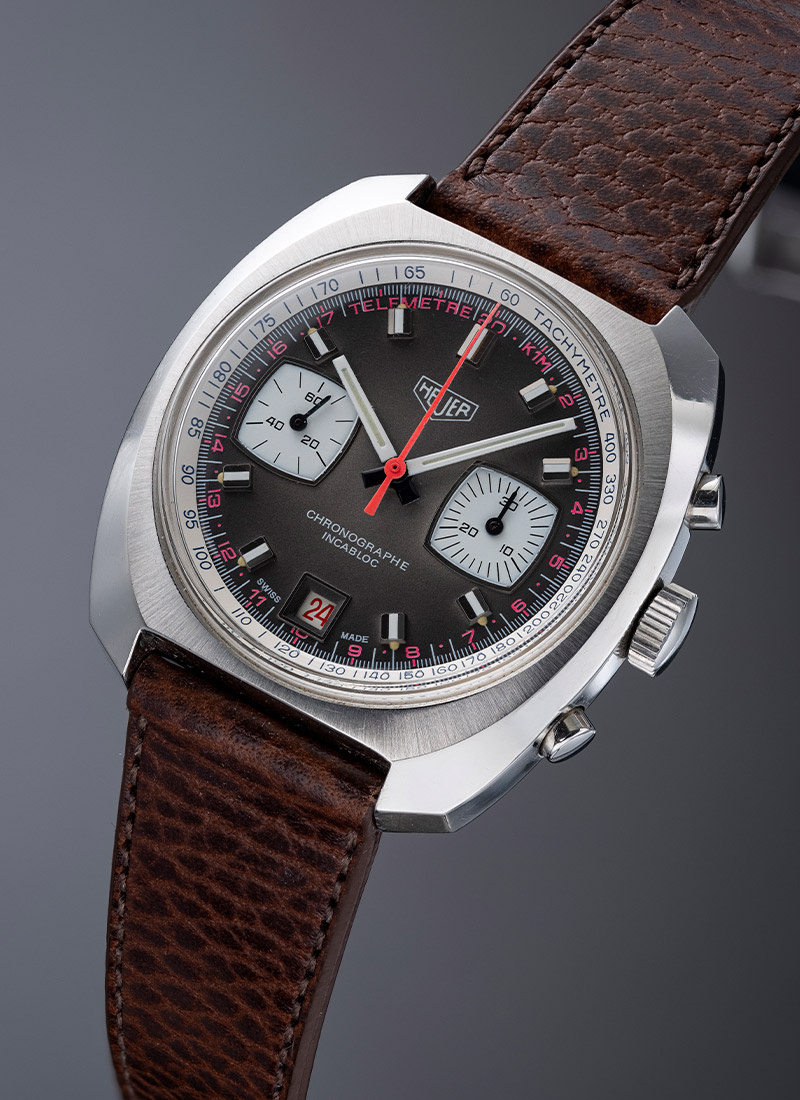
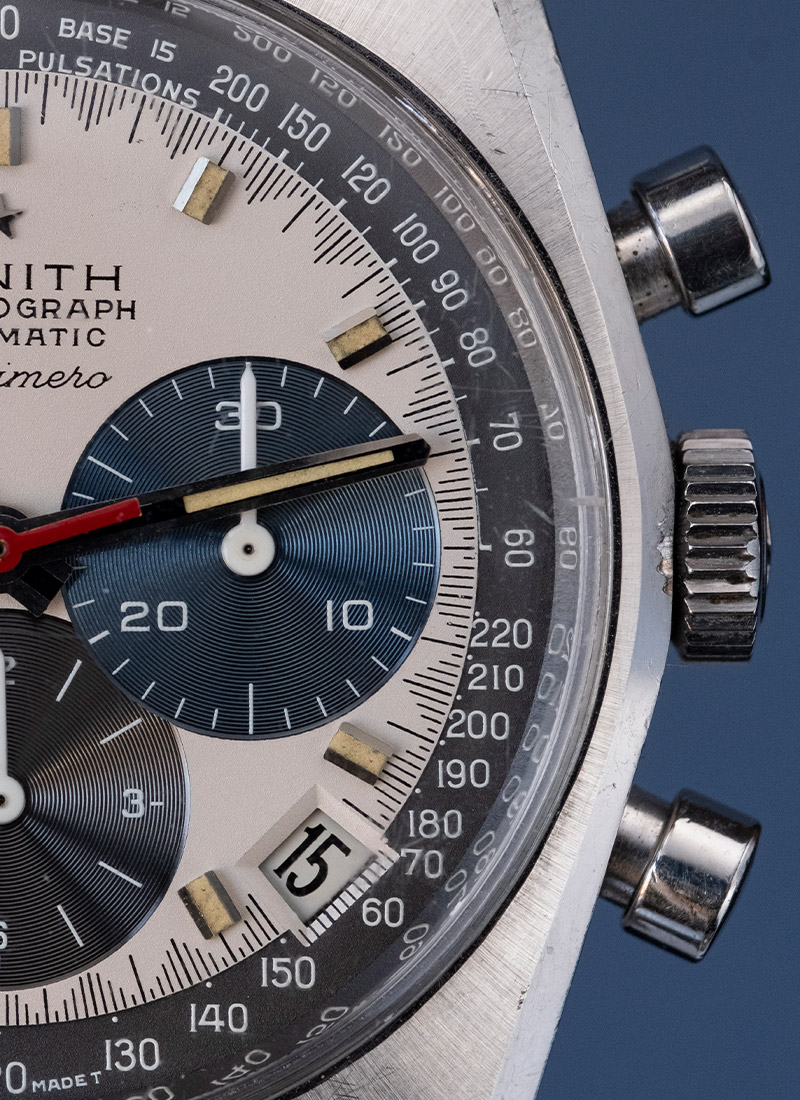
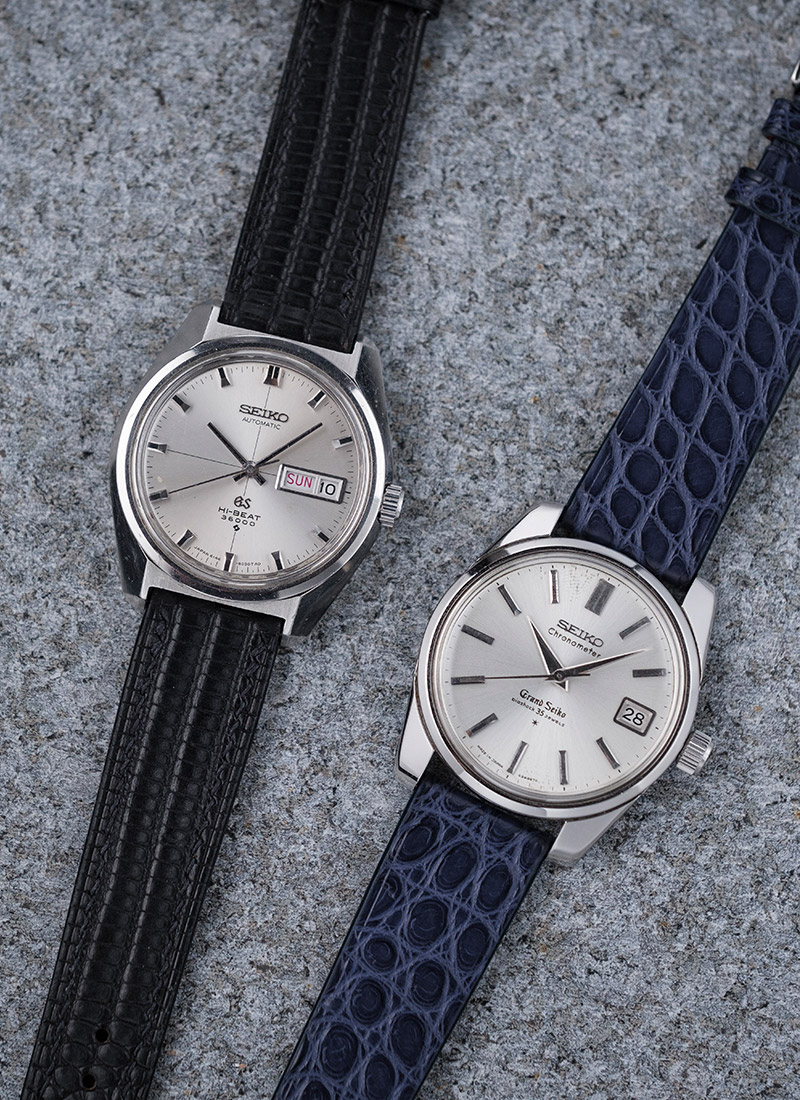
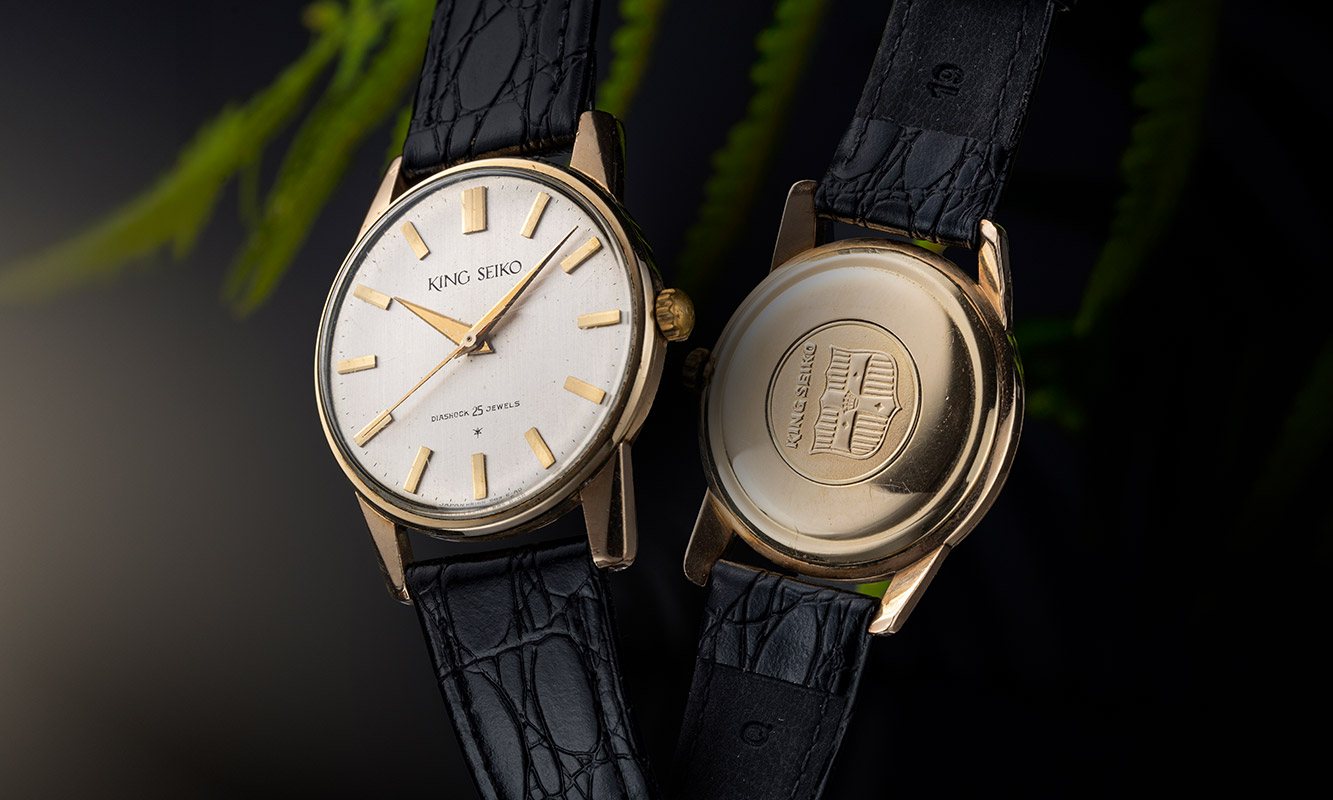
Telling the Story
Ultimately, photographing vintage watches is less about selling a product and more about telling a story. These are intimate objects - often passed down, gifted, or discovered by chance - that bear witness to decades. The goal is to let that history shine through in the images, with all its quirks intact. Luxury, in this context, is not about flawless condition. It is about authenticity, craftsmanship, and the poetry of time.
In every frame, I try to let the watch speak for itself. Sometimes it whispers with elegance, sometimes it shows its scars boldly. Either way, it always tells a story worth listening to.
Also, check out my website where I share info about vintage watches:
1010.watch